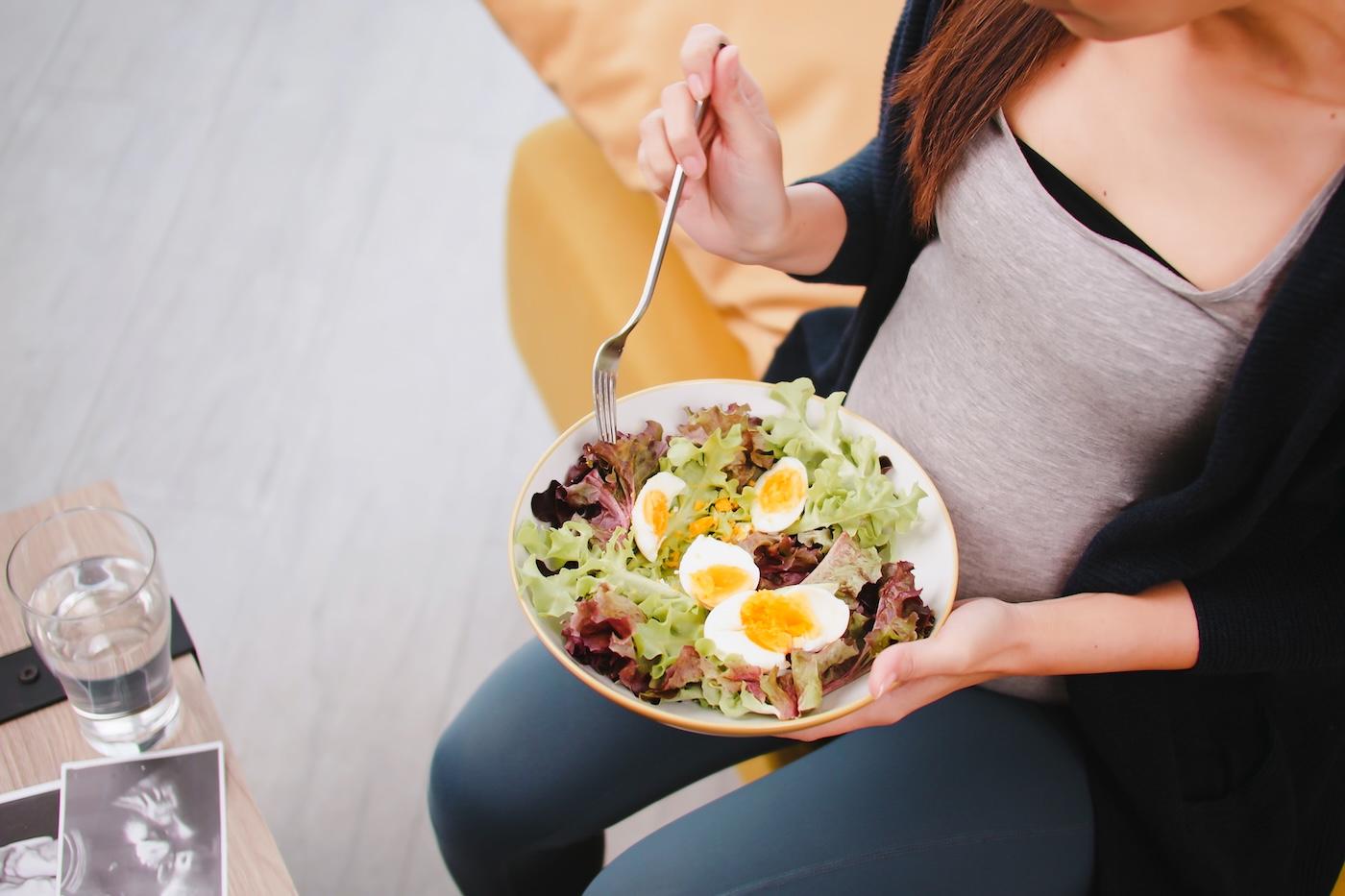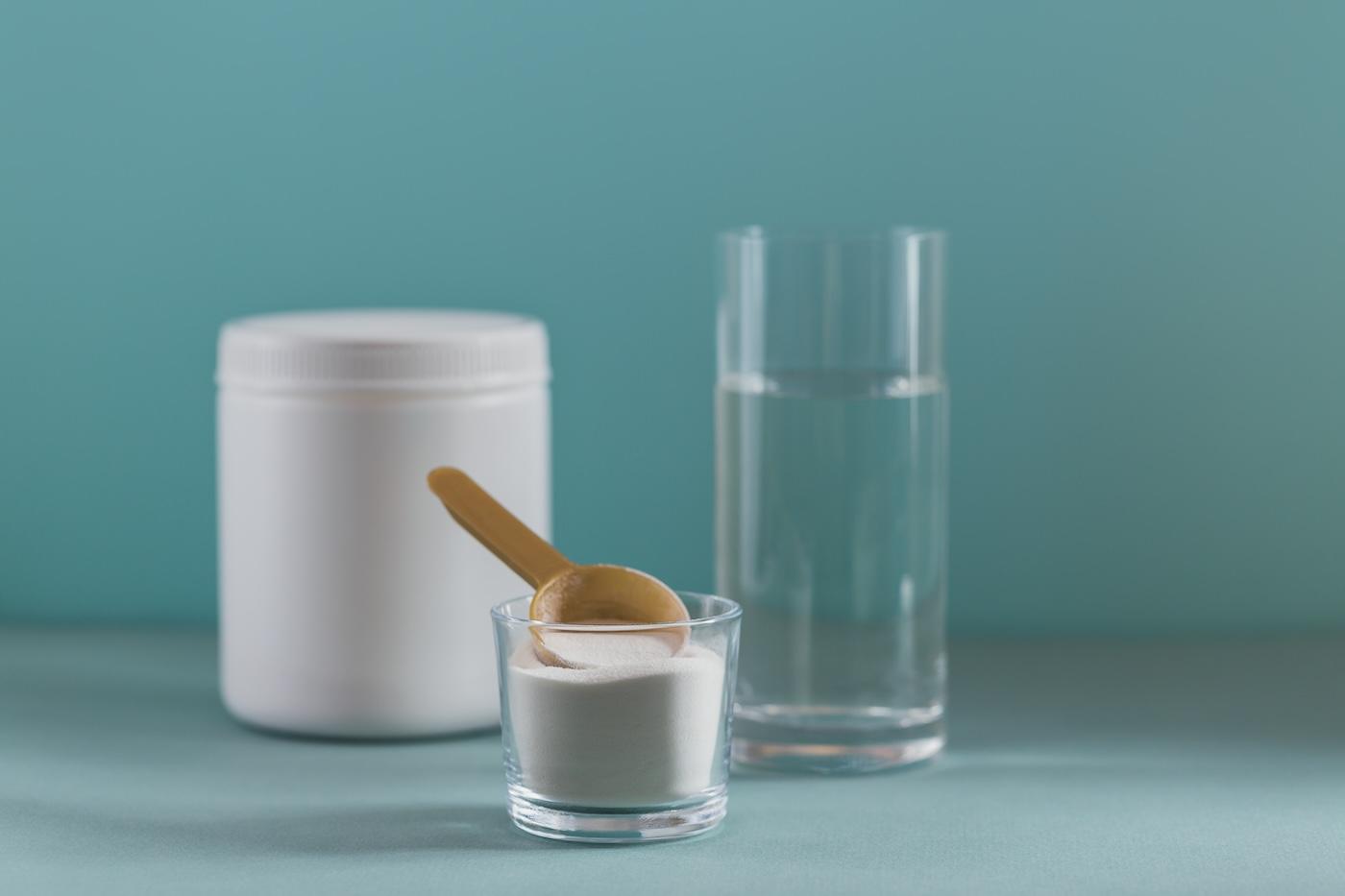PREGNANCY
3 Weeks Pregnant: Conception!
Is that implantation you’re feeling?! Your need-to-know on being three weeks pregnant.

Written by
Happiest Baby Staff

3 Weeks Pregnant: Baby Update
Exciting news: It’s not only fertilization week, it’s implantation week, too! That means your egg and one lucky sperm have come together and created what’s called a zygote. That one-cell wonder then takes a three- to four-day joy ride down your fallopian tube toward your uterus. All the while your zygote divides into more and more cells, until it becomes a ball of cells called a blastocyst. Next, your trusty blastocyst attaches (or implants) to the lining of your uterus, an embryo begins to develop inside the ball, and—voila!—you’ve got an embryo! After implantation, your embryo remains an embryo for roughly nine whole weeks before transforming into a fetus. The catch? There are not enough pregnancy hormones yet to form a plus sign on a pregnancy test.
3 Weeks Pregnant: What to Expect
Even though there’s so much going on inside your body right now, it’s all happening on the downlow. That means, you might not experience any pregnancy symptoms at 3 weeks pregnant! But about one-third of folks do feel some early signs of pregnancy.
3 Weeks Pregnant Symptoms
Some people won’t “feel” pregnant for a few weeks, while others experience pregnancy symptoms soon after implantation. Implantation is when your blastocyst burrows into the inner lining of your uterine wall, settles in, then gets ready to transform into an embryo, then a fetus.
Implantation symptoms include:
-
Spotting: It’s thought that some blood vessels may break when your fertilized egg attaches itself to your uterine lining during implantation, resulting in spotting. Another theory is that hormonal shifts associated with implantation may spur light bleeding which lasts for a few hours to a few days. Either way, research shows that implantation spotting can occur as early as six days after ovulation—at the very end of week 3. (Learn more about implantation bleeding.) - Nausea: Research shows that 67% of pregnant individuals experience some nausea within 11 to 20 days of ovulation. For some, nausea can occur early in pregnancy thanks, in part, to the small amount of the pregnancy hormone, human chorionic gonadotropin (hCG) that begins creeping into your system upon implantation. This is the hormone that a home pregnancy test will eventually detect.
- Rise in Body Temperature: If you’re already tracking your temperature for ovulation purposes, you may notice a slight rise in your basal body temperature upon implantation. This, of course, is due to an increase of pregnancy-related hormones.
Other changes you may experience super-early in pregnancy include:
-
Very mild cramping - Breast tenderness
- Headache
- Lower back pain
- Mood swings
3 Weeks Pregnant: To-Do List
-
Research pregnancy tests. It can take up to 14 days after conception to get a positive pregnancy test, but it’s a good time to learn about your options! If you’re itching to test before your missed period, First Response Early Result wand test might be a good choice. It was voted the best pregnancy test by The New York Times because it’s able to detect lower levels of hCG than most home pregnancy tests. - Get some pregnancy books. Yes, you have the whole internet (plus apps) at your fingertips, but there’s something about a physical book that can be highlighted, dog-eared, and referred to over and over again that’s immensely helpful during pregnancy. If you’re looking for pregnancy books penned by medical pros, consider the American College of Obstetricians and Gynecologists’, Your Pregnancy and Childbirth: Month to Month and Nurture by doula Erica Chidi.
- Distract yourself! The time between ovulation and your missed period is often referred to as the two-week wait (TTW) and, boy oh boy, can it be a rollercoaster of emotions! To help bide your time, pepper your days with fun distractions (think: having lunch with friends, getting a facial, dining out with your partner, or hosting a game night). Just make sure your festivities don’t include drinking, smoking, or anything else that could harm a new pregnancy.
Pregnancy Fun Fact: Twin Powers—Activate!
Did you know that not all sets of twins develop at the same time? While about two-thirds of identical twins form between 4 and 8 days after conception, it can take up to 13 days post-conception for twins to form. Fraternal (aka: non-identical) twins, on the other hand, form earlier, when two separate eggs are fertilized by two different sperm.
< 2 Weeks Pregnant | 4 Weeks Pregnant >
Disclaimer: The information on our site is NOT medical advice for any specific person or condition. It is only meant as general information. If you have any medical questions and concerns about your child or yourself, please contact your health provider.
SHARE THIS ARTICLE
MOST LOVED
Sleepytime Sidekicks












